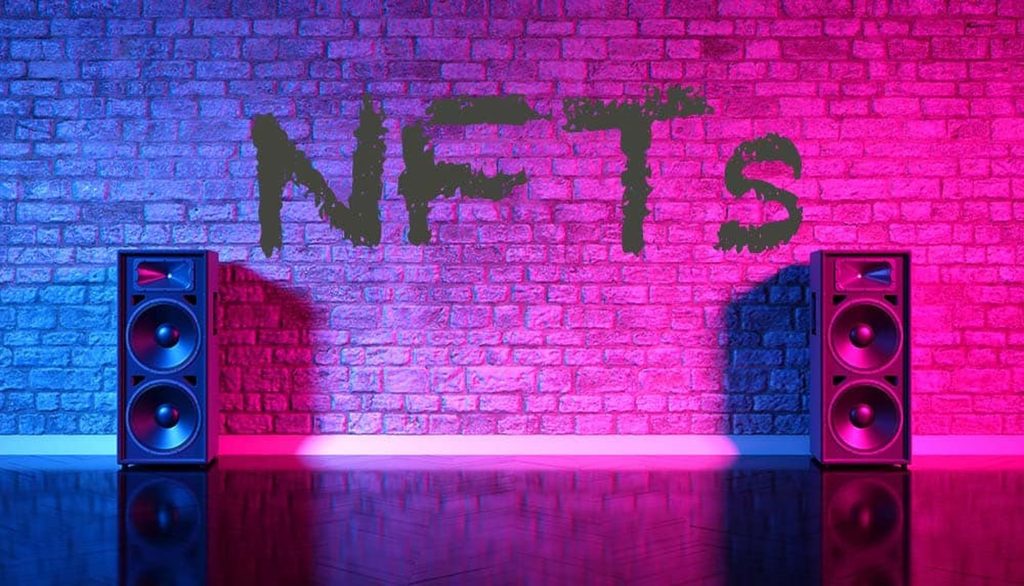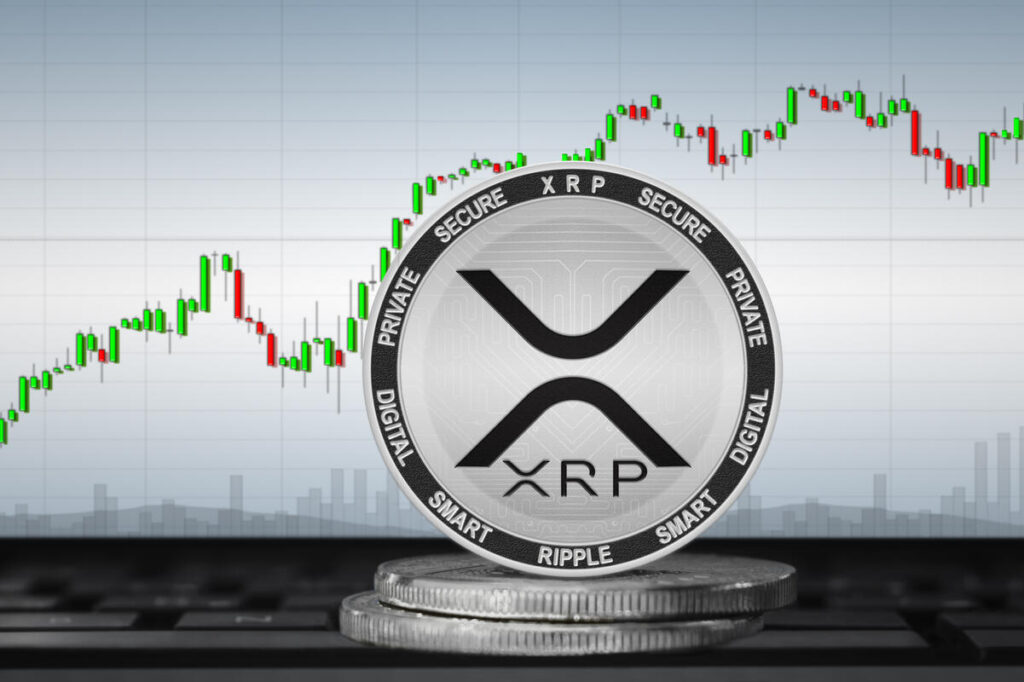Bitwise, the asset management firm, has taken an unexpected step by withdrawing its application for a Bitcoin and Ether Market Cap Weight Strategy exchange-traded fund (ETF) from the United States Securities and Exchange Commission (SEC).
Initially filed on August 3, the move came as a surprise given the recent positive market sentiment following Grayscale’s success with the SEC.
The withdrawal statement contained a cautious tone, stating that while the fund aimed to achieve capital appreciation, there were no guarantees of meeting this investment objective.
Matt Hougan, Bitwise’s chief investment officer, had recently voiced support for SEC approval of all ETFs in a Bloomberg interview.
The ETF in question was designed to invest in either Bitcoin or Ether futures contracts, selected based on their respective market capitalizations.
In conjunction with ProShares, Bitwise had also planned to launch another ETF around the same time.
Bitwise clarified in the withdrawal statement that the Trust had abandoned its plans to pursue the effectiveness of the Fund.
The Trust did not sell or intend to sell any Fund securities as part of the process.
This development aligns with the SEC’s continued delay in deciding on various Bitcoin ETF applications, including those from WisdomTree, Invesco Galaxy, Valkyrie, VanEck, BlackRock, Bitwise, and Fidelity.
READ MORE: BlockFi Advances Fund Recovery Efforts with Court Application
The SEC’s recent filing on August 31 disclosed an extended review timeline for several spot Bitcoin ETF applications.
WisdomTree, VanEck, Invesco Galaxy, Bitwise, Valkyrie, Fidelity’s Wise Origin Bitcoin Trust, and BlackRock’s Bitcoin ETF face a longer evaluation period.
Upcoming deadlines for the SEC are set for mid-October, but potential delays could push them to the third batch of deadlines in January or to final decisions in the subsequent months.
Bitwise had previously been at the forefront of asset management firms seeking Bitcoin ETF products.
Its initial application in January 2019 aimed to create a BTC-backed ETF tracking the Bitwise Bitcoin Total Return Index, derived from BTC transaction values across various exchanges.
The firm’s proposal sought to provide a reliable representation of the broader cryptocurrency market, with data sourced from multiple cryptocurrency exchanges.
Additionally, third-party custodians were to be responsible for physically holding Bitcoin.
Notably, this is not Bitwise’s first ETF withdrawal. Earlier this year, the company pulled back an application for an Ethereum Strategy ETF.
The ETF had been designed to invest in both front-time and back-time Ethereum futures, but the withdrawal occurred only a week after the initial application was submitted.
Other Stories:
South Korean Parliamentary Subcommittee Rejects Expulsion Motion Over Cryptocurrency Controversy
Bitcoin Holds Strong Above $27,000 as Traders Maintain Bullish Outlook
BlockFi Advances Fund Recovery Efforts with Court Application









